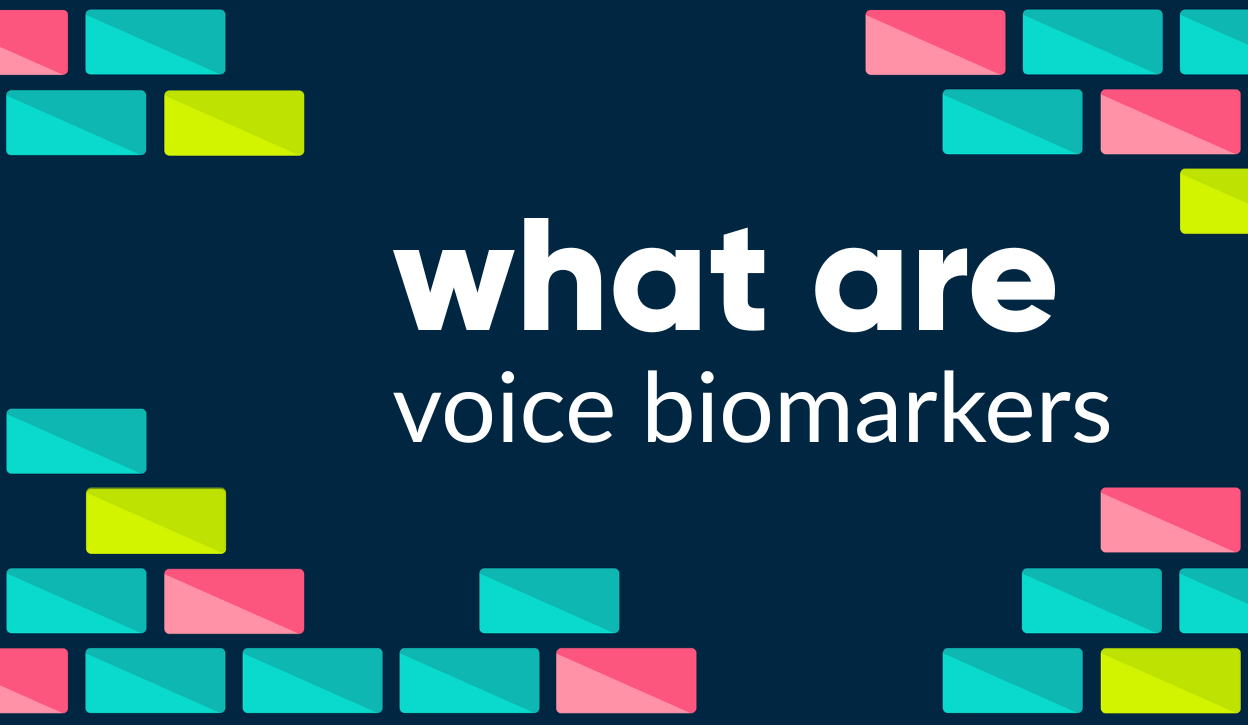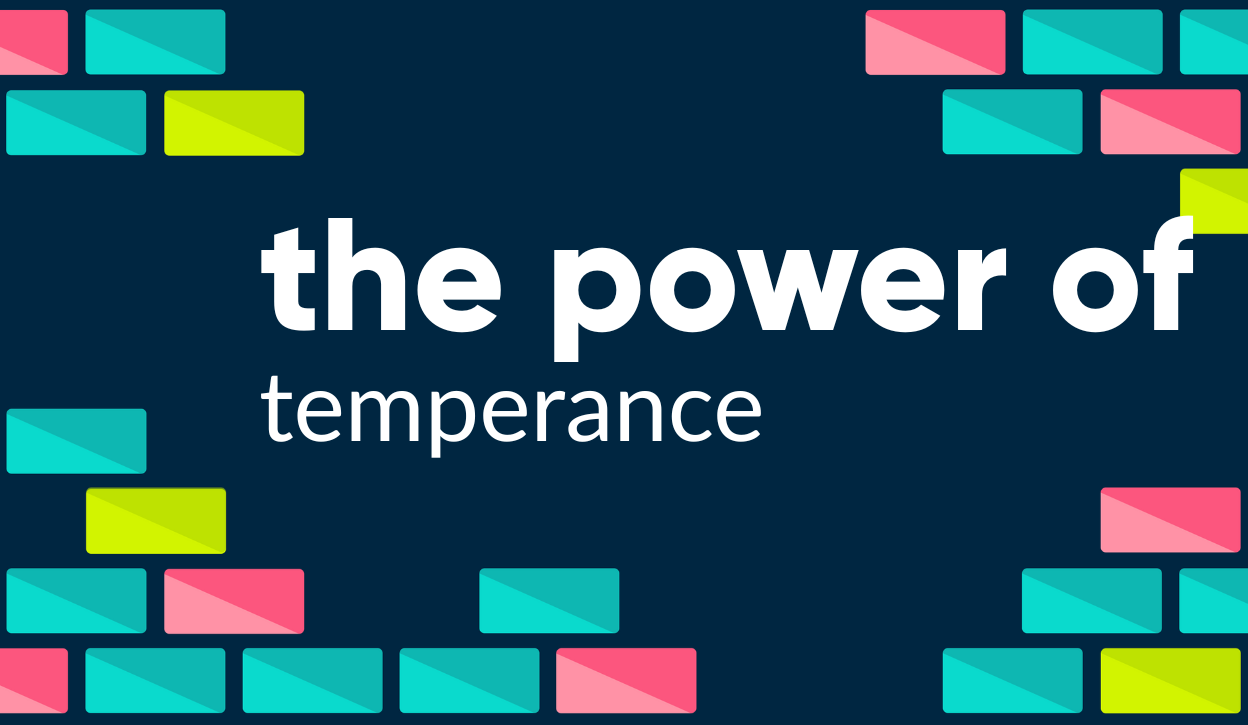
While most people associate blockchain with cryptocurrencies, its true potential goes far beyond financial applications. In healthcare, blockchain offers the ability to make health data more transparent, secure, and patient-owned—unlocking new levels of trust, innovation, and personalization. Here’s how.
1. Transparency in Transactions and Costs
One of the persistent challenges in healthcare is the lack of transparency—especially around costs. Patients often have no insight into how much a service will cost until after they’ve received care, and pricing can vary wildly between providers. Blockchain introduces a publicly verifiable ledger that can be used to record transactions in real time, including pricing for services, medications, and insurance reimbursements.
Benefits:
- Patients can compare costs across providers before making decisions.
- Fraud and billing errors are reduced with immutable, auditable records.
- Providers and payers are incentivized to compete based on value and cost-efficiency.
2. Decentralized and Democratized Ownership
Traditional healthcare systems store your data in silos—doctors, hospitals, labs, and insurers all keep their own copies of your records. This fragmentation creates barriers to access and increases the risk of data breaches.
Blockchain changes that by enabling decentralized, secure storage of health information. Instead of one centralized authority controlling the data, ownership is distributed across the network—and patients themselves hold the keys.
Benefits:
- Individuals—not corporations—own and control their data.
- Data sharing becomes seamless, with permissions granted in real-time.
- Research and innovation become more inclusive as people choose how their anonymized data is used.

3. Crypto-Secured Personal Health Data
Using cryptographic tools like public-private key encryption, blockchain can ensure that health records are both secure and accessible only to the right people. This safeguards sensitive information and fosters trust in digital health systems.
Why this matters:
- Ransomware attacks and health data breaches are rising; blockchain reduces these vulnerabilities.
- Individuals can securely share data with providers, insurers, or researchers without losing control.
4. Empowering Personalized and AI-Driven Medicine
Artificial intelligence is revolutionizing diagnostics, drug development, and precision medicine. But for AI to work effectively, it needs high-quality, diverse, and secure datasets. When individuals own their health data, they can choose to contribute it to research or AI models, often in exchange for incentives like digital tokens.
The future vision:
- AI tools trained on decentralized datasets can offer truly personalized treatments based on genetics, lifestyle, and real-world behavior.
- People can opt-in to global studies or trials with a tap, knowing their identity and data are protected.
- Health outcomes improve as algorithms learn from a wider pool of experiences and bio-signatures.
5. Incentivizing Healthy Behavior Through Crypto Rewards
Blockchain-enabled wellness apps can reward users with cryptocurrency for actions like exercising, completing mental health check-ins, or sharing data for research. These token-based incentives create a feedback loop that promotes long-term healthy habits.
Examples include:
- Fitness badges that unlock discounts on wellness products.
- Token rewards for participating in preventive care programs.
- Gaining access to AI-powered wellness tools through consistent engagement.
Final Thoughts
Blockchain has the power to shift healthcare from a system that is opaque, fragmented, and institutionally controlled—to one that is transparent, secure, and truly people-centered. By combining cryptographic trust with individual empowerment, blockchain sets the stage for a future where data works for you, not the other way around.
The result? Smarter healthcare decisions, faster innovations, and a world where wellness is no longer dictated from the top down—but fueled from the individual up.
The future of health is decentralized—and it starts with you.
#BlockchainHealth #DigitalWellness #HealthTech #DataOwnership #GalvanHealth #Web3 #AIHealth #CryptoForGood #FutureOfHealthcare #HealthEquity #TransparencyInHealthcare
Galvan Nodes and the IZE Blockchain are governed by a Distributed Governance Framework, which is distinct from and not solely controlled by Galvan DAO LLC. Any value derived from Galvan Nodes and IZE Digital Rewards is likely to be uncorrelated with the success or failure of Galvan.
Galvan does not sell tokens. The IZE Blockchain, which is governed by Galvan Node Owners, self-governs the distribution of tokens. Tokens are earned in exchange for work and action on the IZE Blockchain. The token is designed to have utility on the Galvan platform for the purchase of Galvan’s products and services. The token is not an investment product and may never have any value outside of the Galvan platform. Galvan Node Owners should not expect to recognize any value from the token other than its utility with Galvan. Galvan does not anticipate correlation between the token value and Galvan’s business activities.
This article may contain forward-looking statements that involve substantial risks and uncertainties. Forward-looking statements discuss plans, strategies, prospects, and expectations concerning the business, operations, markets, risks, and other similar matters. There may be events in the future that we cannot accurately predict or control. Any forward-looking statement contained herein speaks only as of the date on which it is made. Factors or events that could cause our actual results to differ may emerge from time to time, and it is not possible for us to predict all of them. We do not plan to update or revise publicly any forward-looking statements except as required by law.













